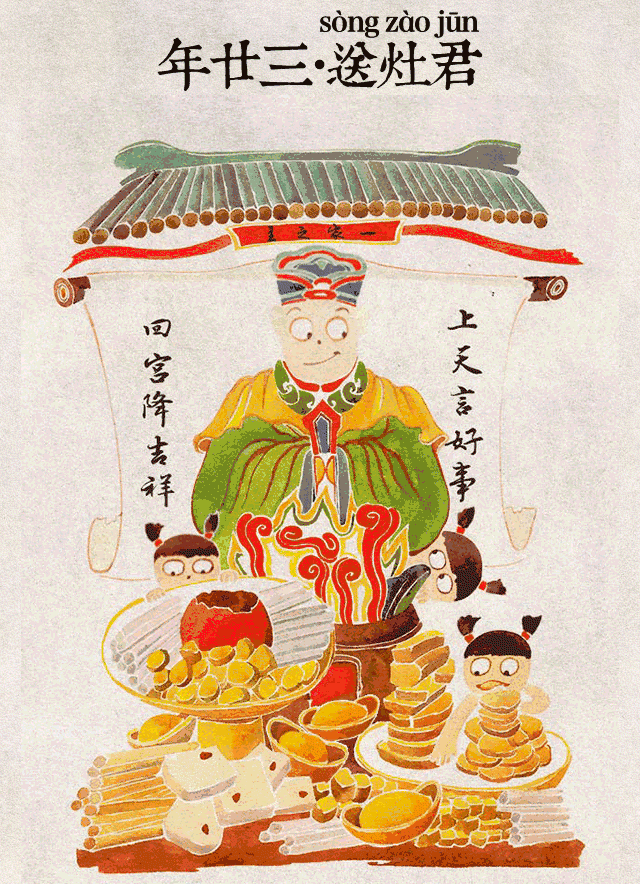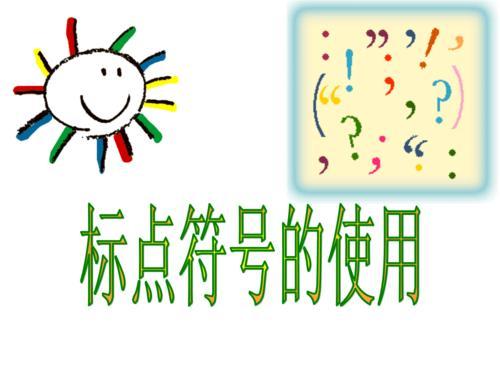小年快乐

【编者按】小年是中国传统文化中的节日,由于各地风俗不同,被称为小年的日子也不尽相同,中国民间有“官三民四船五”的传统,官家的小年是腊月二十三,百姓家是腊月二十四,水上人家则是腊月二十五。不过,问题来了,你知道小年的英语翻译是什么吗?
由于外国人不过小年,所以在英文中确实没有小年的准确词汇或释义,多数都是中国人来进行定义和描述的短语或翻译。
小年的英语翻译英语教学
off year
这一解释出于《汉英大辞典》,off year是目前使用最普遍的翻译,但是这个翻译却并不贴切,因为off year在英文解释中表示“非大选年”的意思,被中国人转义为“小年”,同时off year在英文中还指果树、竹子的歉收年,所以off year的译法与我们中国小年的祭灶习俗等活动完全是风马牛不相及。
a lunar year
这一解释出于《上海译文汉英大辞典》,意思指农历腊月是小建的年份,也就是说,农历腊月只有29天,没有年三十的年份。同时《外研社汉英双语现代汉语词典》中也有类似解释。
在《汉英词典》中出现的对于小年的解释:festival on the 23rd or 24th of the 12th month of the lunar year, when sacrifices are made to the kitchen god 意思是节日,腊月二十三或二十四日,旧俗这天祭灶。
Lunar year in which the last month has 29 days is every year lunar calendar in December 23 or 24, it is the start of the entire Spring Festival celebration. There are many famous activities and customs during this time such as sweeping dust, offering sacrifice to the God of the Kitchen, writing couplets, cutting window paper and so on.
小年习俗的英语翻译英语教学
Offering Sacrifice to the God of Kitchen
祭灶神

Lunar Year (in which the lastmonth has 29 days) is also called the Kitchen God Festival. People will offer candy, fruit, water to the Kitchen God in order to pray for safety and happiness in the coming new year.
Chinese families believe that the Kitchen God returns to Heaven on this day to report on the activities of every household over the past year to his superior, the Jade Emperor, who will either praise or punish the family based on the Kitchen God's report. Families often offer sweet foods like candy in order to "bribe" the Kitchen God into saying good things about the family.
中国家庭相信这一天灶王爷要上天向玉皇大帝禀报这家人的善恶,让玉皇大帝赏罚。因此人们在灶王像前的桌案上供放糖果等祭品来“贿赂”灶王爷。
Sweeping Dust
除尘

During this time, it's only a fewdays until the Spring Festival. So every family will clean their rooms, whichis called sweeping dust. It is believed that evil things can be swept away by doing this.
In Chinese, the character for "dust" is a homophone of the character for “the old”. By giving the house a thorough cleanse on the day, Chinese people believe that this would rid them of their poverty and bad luck from the previous year, so as to welcome a prosperous new year.
在中国,“尘土”的“尘”这个汉字与“陈旧”的“陈”同音。中国人相信,当天通过彻底地清扫房子,可以让他们摆脱过去一年的贫穷和霉运,迎来一个繁荣的新年。
Cutting Window Paper
剪窗纸
Among all the preparation activities for the new year, cutting window paper is the most popular one. The content of the window paper includes animals, plants and famous folk stories.
In the Little New Year, old couplets and paper-cuts from the previous Spring Festival are taken down, and new window decorations, New Year's posters, and auspicious decorations are pasted up.
在小年的时候,上个春节时贴的春联和窗花被摘了下来,新的窗花、年画和喜庆的装饰品会被张贴起来。
Bathing and Cutting Hair
沐浴和剪发
Both adults and children need to bath and cut their hair at this time. One of the old saying goes, with or without money, cutting hair to celebrate the new year.大人、小孩都要洗浴、理发。汉族民间有“有钱没钱,剃头过年”的说法。这天傍晚,婆姨汝子都用开水洗脚。不懂事的女孩子,大人们也要帮她把脚擦洗干净,不留一点污秽。汉族民间传有“腊月二十七,婆姨汝子都洗脚。一个不洗脚,流脓害水七个月”的俗语。
The ancient Chinese believed that a haircut in the first month of the Lunar New Year would bring bad luck. People usually wait until the second lunar month to have their hair cut again... In order to fit into the new clothes for the festival, a haircut is highly recommended beforehand.
中国古人相信正月剪头会带来霉运,所以人们常等到农历二月才再次剪发……因此,为了配合春节穿的新衣服,提前理发是非常推荐的。
,







